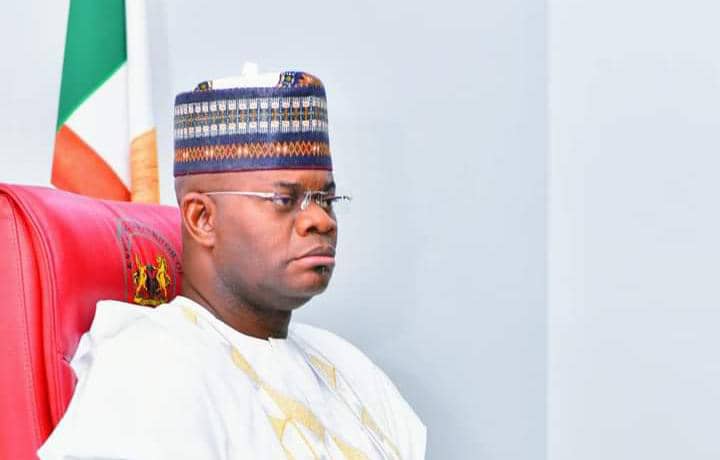The Economic and Financial Crimes Commission (EFCC) has criticized the former Kogi State governor, Yahaya Bello, who is accused of N80.2 billion fraud, for evading trial and ridiculing the Nigerian justice system.
During a familiarization visit to the Delta State Council of the Nigeria Union of Journalists in Asaba, Delta State, the EFCC’s acting Zonal Director for the Benin Zonal Command, Mr. Effa Okim, expressed frustration over the situation. Okim stated that despite efforts to bring Bello to justice, he has failed to appear in court.
The EFCC has declared Bello wanted following failed attempts to arrest him and his repeated absences from court. The Nigerian Immigration Service has also placed him on a watchlist.
When asked why Bello had not been arrested weeks after being declared wanted, Okim expressed exasperation, suggesting that the ex-governor was being shielded by powerful figures within the system.
“The shame is on all of us. This isn’t just my problem; it’s a problem for the Federal Republic of Nigeria,” Okim said. “Yahaya Bello, whose crime has been traced to him by allegations and has been invited by the EFCC to explain himself, has been evading us for months. This is a disgrace to Nigeria.”
Okim questioned why influential figures and colleagues of Bello were not urging him to face the allegations. He criticized those still associating with Bello despite the charges against him and called for a collective moral stance to compel Bello to present himself to the EFCC.
“Where is the morality before legality? We should be able to summon him and tell him to go and report to the EFCC. Some people are defending him while others criticize the EFCC. This situation tarnishes Nigeria’s image,” Okim continued.
He emphasized the need for the media to take a united stand in urging Bello to come forward and face the charges, stressing that this was crucial for upholding the integrity of the criminal justice system.
The Chairman of the NUJ Delta State Council, Churchill Oyowe, assured the EFCC of the support of journalists in the state, highlighting the importance of collaboration in addressing issues of national concern.

Leave a Reply